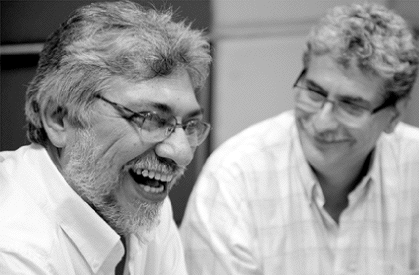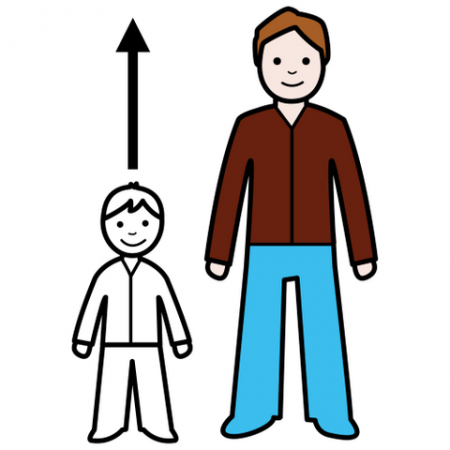 The human being is the only animal species with an articulate and complex language. We communicate as a consequence of a long evolutionary process that began with simple shouting and ended with speech.
The human being is the only animal species with an articulate and complex language. We communicate as a consequence of a long evolutionary process that began with simple shouting and ended with speech.
The act of speaking can be analyzed from several perspectives and one of them would be to understand communication as a system in which different elements intervene jointly. To refer to the systemic model of communication we use the proposal of the speech circuit.
Elements of the speech circuit
In every communicative act there is an issuer, that is, a subject who says something. At the same time, a receiver intervenes, which is the individual who receives the information from the sender. A more or less complex message is transmitted between the sender and the receiver.
The link between sender, receiver and message acquires meaning because it occurs in a specific context of language. The words we say are part of a system of signs, which is known as a code (two speakers only communicate correctly if they use the same code).
There are many means or channels of communication for the sender and receiver to understand each other, such as radio, television, the press or new technologies.
Main functions of language
- Communication is the primary function of language. However, we communicate for different purposes.
- The expressive function is the one that transmits emotions from within the issuer, such as their doubts, concerns or certainties.
- In the appellate function, the sender tries to attract the attention of the receiver.
- In the representative function, the issuer manifests something related to the context of the communication.
- The factual or contact function serves to keep the sender and receiver in contact.
- The metalinguistic function serves to clarify a specific message.
- Finally, the aesthetic function consists of transmitting messages in a beautiful and creative way.
The study of language from various scientific disciplines
- The understanding of human language can be done from various approaches.
- For anthropology it is important to determine when we started talking and why.
- Those who study the brain consider that we speak because our brain structures are programmed and designed for it.
- Linguistics studies all the components that make up language, such as origin, structure or signs.
- Finally, psycholinguistics focuses on the analysis of mental skills associated with language.
Photo: Fotolia - antkevyv









